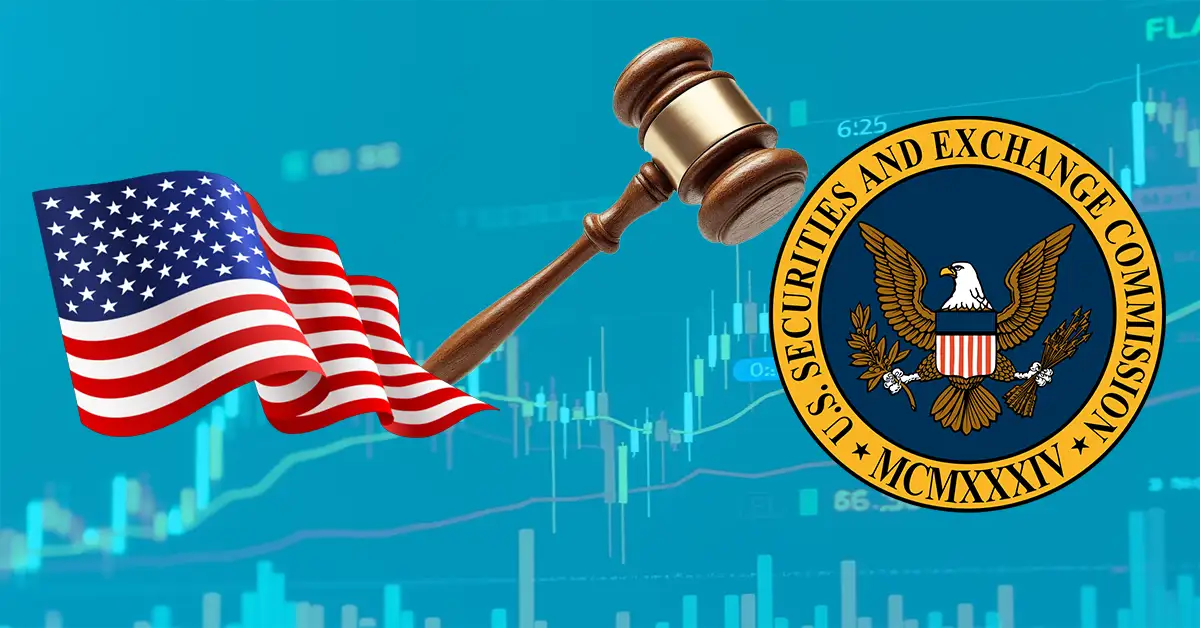
In a significant demonstration of resistance, eighteen U.S. states have united to file a lawsuit against the Securities and Exchange Commission (SEC), aiming to challenge what they perceive as an overreach of federal authority in the realm of cryptocurrency regulation. This legal action, spearheaded by Kentucky Attorney General Russell Coleman, is supported by notable figures such as Florida’s Ashley Moody, Texas’s Ken Paxton, and Tennessee’s Jonathan Skrmetti. Together, these attorneys general are questioning the SEC’s enforcement of ambiguous crypto regulations, which they argue infringe upon states’ rights. But what is driving this considerable backlash? Let’s delve into the details of this landmark case and explore the stakes involved.
States Claim the SEC is Overstepping
The coalition of attorneys general contends that SEC Chair Gary Gensler is overstepping his bounds by asserting that most cryptocurrencies, with the notable exceptions of Bitcoin and Ether, should be classified as securities. This perspective has led the SEC to target major crypto firms like Coinbase and Ripple, insisting these companies should have registered their digital assets as securities. However, the states hold a different view. They argue that the SEC’s actions are exceeding its jurisdiction and potentially disregarding the initial legislative intent set by Congress for crypto regulation. This, they claim, is sowing confusion and could potentially harm a burgeoning industry that thrives on innovation and adaptability.
The attorneys general advocate for regulations that are primarily governed at the state level, allowing for a more tailored approach to meet local needs. Given the rapid evolution of digital assets, these states warn that federal interference could stifle innovation and hinder business growth.
Political and Industry Backing
Beyond the states, there is significant political support for this legal challenge. Influential figures like Tennessee Senator Bill Hagerty have criticized the SEC’s perceived “anti-crypto agenda.” This lawsuit aligns with recent commitments from President-elect Donald Trump, who has pledged to support the cryptocurrency sector by reducing federal oversight. For many in the crypto community, this legal battle represents an opportunity to push back against what they perceive as excessive and stifling regulation.
Industry advocates, alongside attorneys general such as Indiana’s Theodore E. Rokita, Mississippi’s Lynn Fitch, and Missouri’s Andrew Bailey, argue that states are better suited to devise practical and effective crypto regulations. This lawsuit is part of a broader movement advocating for a shift in regulatory authority from the federal government to individual states.
Additionally, former U.S. Senate candidate John E. Deaton expressed his pride in having previously sued the SEC, underscoring the ongoing tension between the crypto industry and regulatory bodies.
What to Expect
The outcome of this lawsuit could herald significant changes for the cryptocurrency industry within the United States. With Republicans holding key positions and potential shifts in leadership at the SEC, there is a possibility of more crypto-friendly regulations that emphasize states’ rights. Should the plaintiffs prevail, states like Oklahoma, represented by AG Gentner Drummond, and Iowa, represented by AG Brenna Bird, could gain greater autonomy in crafting their crypto policies. The SEC’s prolonged legal battle with Ripple, despite a clear ruling from Judge Torres, highlights the ongoing friction in the regulatory landscape. The crypto community will be watching closely to see how this case unfolds, as the ruling could redefine digital asset management and pave the way for clearer, more innovation-friendly regulations.






